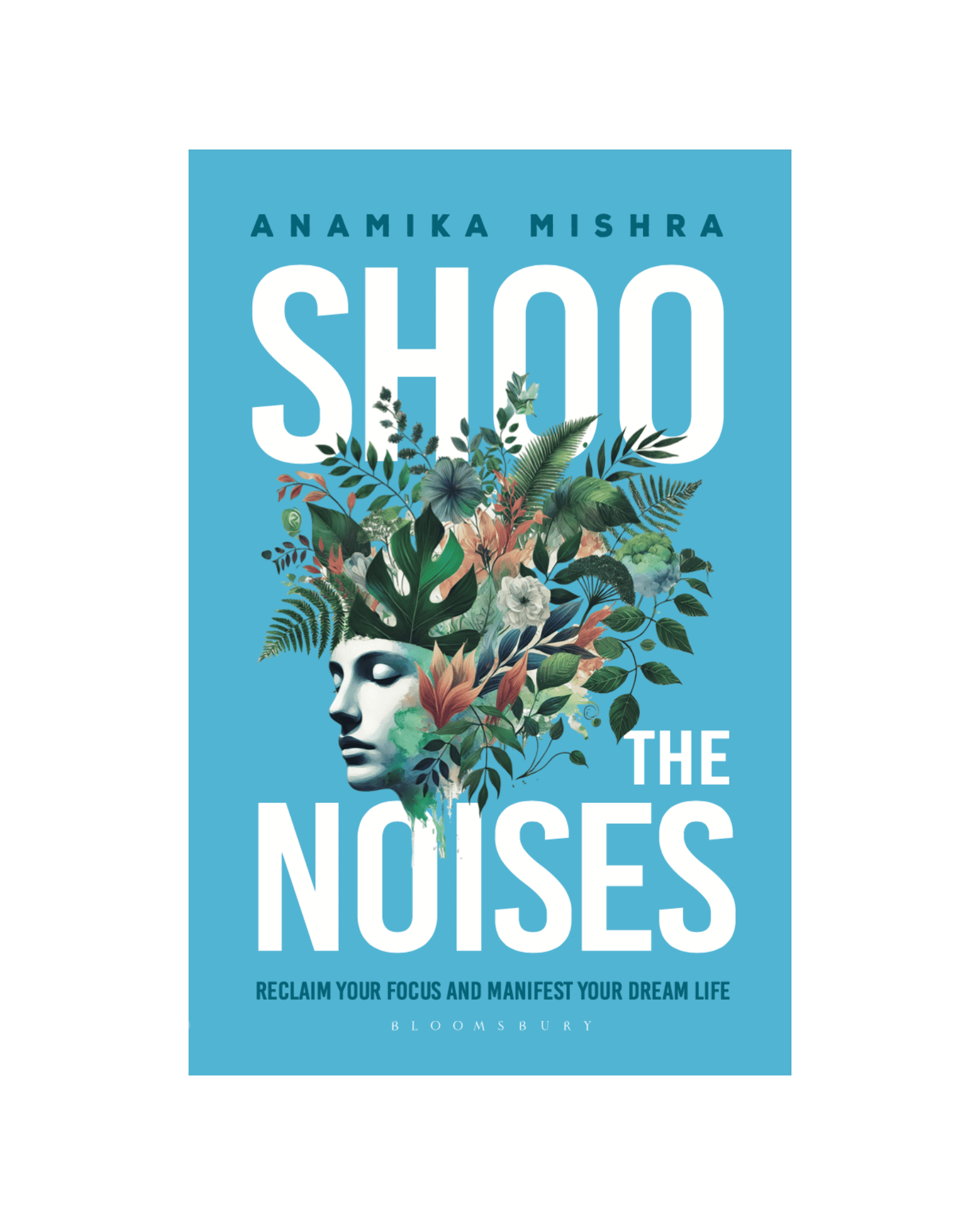Journaling is one of the most accessible and powerful tools for personal growth and mindfulness. It allows you to reflect on your thoughts, emotions, and experiences, helping you gain clarity, reduce stress, and track your progress toward becoming the best version of yourself. Whether you’re looking to improve your mental health, set clear goals, or simply find a way to be more present, journaling can be your guide.
Here’s how to use journaling effectively for personal growth and mindfulness.
1. Start with Gratitude
One of the best ways to start your journaling practice is by expressing gratitude. Each day, write down at least three things you’re grateful for. This simple practice can shift your mindset from focusing on what’s wrong in your life to appreciating what’s going well.
How it helps: Gratitude journaling helps you develop a positive outlook on life. It trains your mind to recognize the good, which increases happiness and encourages a sense of abundance.
Example prompts:
- What are three things you’re grateful for today?
- Who made your day better, and how?
2. Set Intentions for the Day or Week
Before diving into the hustle and bustle of life, take a few moments in the morning to set your intentions. Journaling about your goals and the mindset you want to cultivate can help you stay focused and aligned with your values.
How it helps: Setting intentions helps create a sense of purpose, making it easier to navigate daily challenges with clarity and calmness. It also increases mindfulness, as you’re intentionally choosing how to approach your day.
Example prompts:
- What is the most important goal you want to achieve today?
- How do you want to feel throughout the day?
- What intention can you set for the upcoming week?
3. Practice Mindful Writing
Mindfulness is all about being present and aware of the moment. Journaling can be a mindfulness practice when you focus entirely on the act of writing without distractions. Don’t worry about grammar or structure—just let your thoughts flow freely onto the page.
How it helps: Mindful journaling allows you to quiet the mind and tune into your inner thoughts and feelings. It encourages presence, reducing anxiety and increasing self-awareness.
Example prompts:
- How do you feel right now?
- What thoughts are occupying your mind today?
- What sensations are you noticing in your body?
4. Reflect on Your Emotions
Journaling is a safe space to express and understand your emotions. When you’re feeling overwhelmed, anxious, or stressed, writing about it can help you process and release these feelings. Reflecting on your emotions can also give you insight into what triggers certain reactions, allowing you to make positive changes.
How it helps: Emotional journaling promotes emotional intelligence and self-compassion. It can help you identify patterns in your behavior, allowing you to respond to emotions in a healthier way.
Example prompts:
- What emotions are you feeling today, and why?
- Write about a recent situation that triggered strong emotions. How did you respond, and what would you do differently next time?
- How can you show compassion to yourself today?
5. Track Your Growth
One of the greatest benefits of journaling is that it helps you see how much you’ve grown. By regularly writing down your goals, challenges, and accomplishments, you can track your progress over time. When you revisit old journal entries, you’ll be amazed at how far you’ve come.
How it helps: Tracking your growth reinforces the positive changes you’ve made, boosting your confidence and helping you stay motivated. It also gives you a sense of accomplishment, even on tough days.
Example prompts:
- What progress have you made toward your personal goals this week?
- What is one area of your life where you’ve grown recently?
- What challenges have you overcome, and what did you learn from them?
6. Use Prompts for Self-Discovery
Sometimes, it can be hard to know where to start. Journaling prompts can be a great way to guide your thoughts and discover deeper insights about yourself. Use prompts to explore your beliefs, values, and aspirations. The more you understand yourself, the more you’ll grow as a person.
How it helps: Self-discovery prompts push you to dig deeper and explore aspects of your personality or desires that you might not otherwise confront. This can lead to profound personal growth.
Example prompts:
- What do you value most in life?
- If you could change one thing about your life right now, what would it be?
- What are your biggest dreams and aspirations?
7. End Your Day with Reflection
At the end of the day, take a few minutes to reflect on your experiences. This can help you process your emotions and experiences, and set a peaceful tone for a restful night’s sleep. Reflect on what went well, what challenges you faced, and what you learned.
How it helps: Evening reflection helps you gain perspective on the day, reduces stress, and prepares you for the next day with a clear mind. It also creates a sense of closure, which can promote better sleep.
Example prompts:
- What went well today? What are you proud of?
- What could you have done differently today?
- How can you show yourself love and kindness before you go to bed?
8. Combine Journaling with Meditation
For an even deeper mindfulness experience, combine journaling with meditation. Start by sitting in silence for a few minutes to clear your mind, and then write down whatever thoughts or feelings arise. This combination encourages deeper introspection and enhances self-awareness.
How it helps: Meditation clears the mind, allowing for a more focused and reflective journaling session. It encourages you to listen to your intuition and express your true feelings.
Journaling is a powerful tool for personal growth and mindfulness. By making it a daily practice, you can become more aware of your thoughts, emotions, and behaviors. Whether you’re journaling to relieve stress, track progress, or deepen your self-awareness, it can be a transformative practice that enhances your life.



